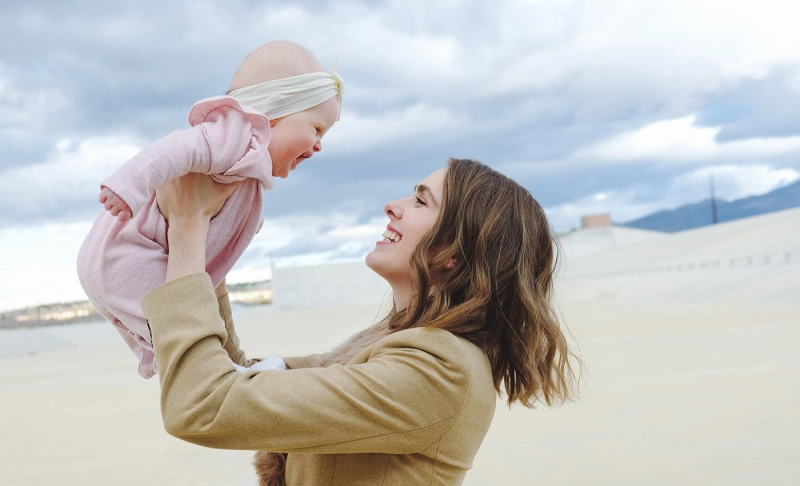By: Khagesh KG
September 18 2020

People are 14% more likely to die on a birthday as per a study. But experts said that the results do not provide an understanding of the death risk.
People are 14% more likely to die on a birthday as per a study. But experts said that the results do not provide an understanding of the death risk.A peer-reviewed study by Switzerland researchers had made a statistic from a survey of over two million people. Researchers say the birthday blues bring a rise in deaths from heart attacks, strokes, falls, suicides, and even cancer. The study was carried out by scientists who analyzed data from 2.5 million deaths in Switzerland between 1969 and 2008. The researchers found that 13.8% more deaths occurred on the dead person's birthday. The increased risk in men is 14 percent and in women 13.6 percent. A birthday death happens in men because of cardiovascular diseases, cancer, and violent deaths, including suicides, accidents, falls, and in women, cerebrovascular disease(strokes). When the results analyzed by age, the higher rate of deaths on birthdays occurred in men and women aged 60 or older. Similarly, a study of over 2 million people found that dead on one's birthday was 17 percent higher than anticipated. They attach this aspect to the classical group of anniversary reactions, in which identity problems probably play a role. The report also stated that there is uncertainty over the value of these conclusions. Experts stated the Swiss researchers' theory as inappropriate because results do not provide a mechanism for understanding how birthdays could affect the risk of death. Vascular events will peak on birthdays because of stress, whereas suicides and accidents might due be sociological and psychological issues or alcohol use. However, these explanations only put forward as theories and not directly supported by the study. The Swiss researchers tried to account for ambiguities in data entered into the database, but could not exclude the probability that specific patterns had been introduced into the data such as the unknown date of birth could have been attributed to the same date as the day of death. The study requires further research to understand these results. Examining large mortality databases from other countries would also be valuable to see whether they see similar results.